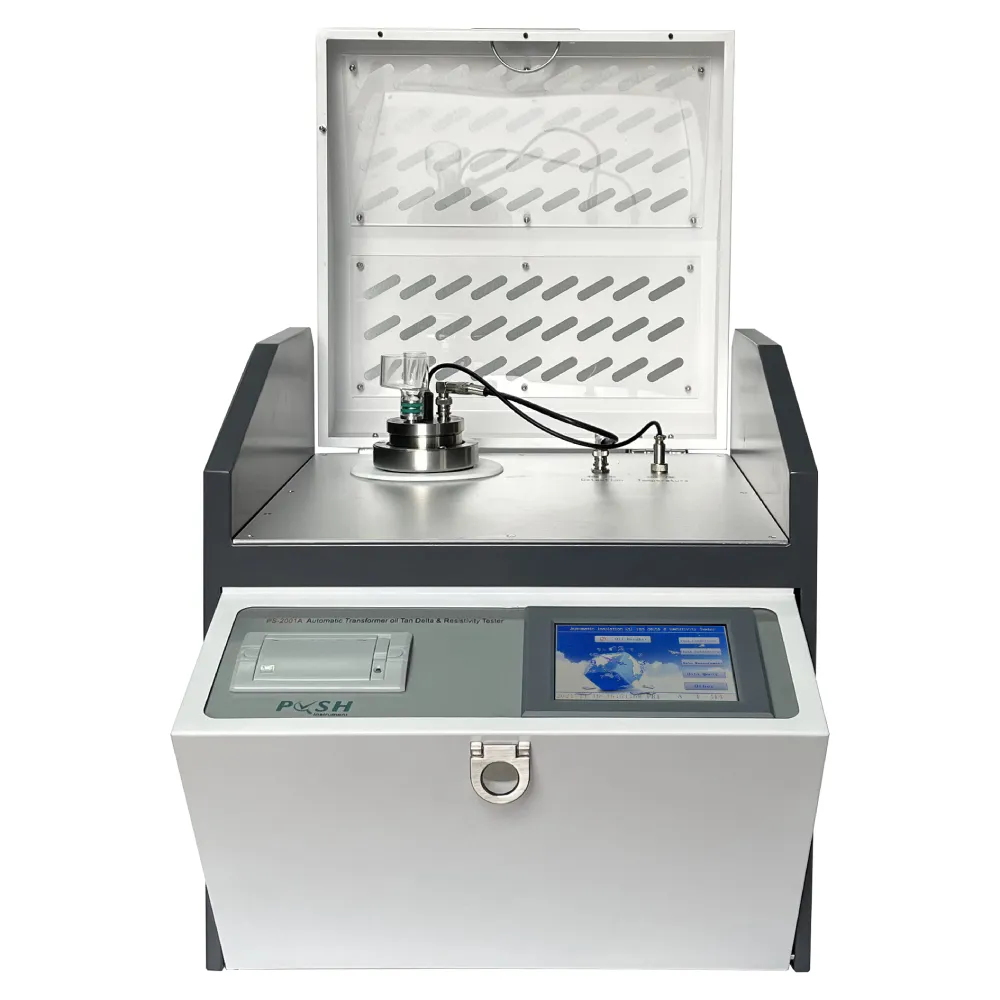TEL:
+86-0312-3189593
 English
English

Telephone:0312-3189593

Email:sales@oil-tester.com

-
 Afrikaans
Afrikaans -
 Albanian
Albanian -
 Amharic
Amharic -
 Arabic
Arabic -
 Armenian
Armenian -
 Azerbaijani
Azerbaijani -
 Basque
Basque -
 Belarusian
Belarusian -
 Bengali
Bengali -
 Bosnian
Bosnian -
 Bulgarian
Bulgarian -
 Catalan
Catalan -
 Cebuano
Cebuano -
 China
China -
 China (Taiwan)
China (Taiwan) -
 Corsican
Corsican -
 Croatian
Croatian -
 Czech
Czech -
 Danish
Danish -
 Dutch
Dutch -
 English
English -
 Esperanto
Esperanto -
 Estonian
Estonian -
 Finnish
Finnish -
 French
French -
 Frisian
Frisian -
 Galician
Galician -
 Georgian
Georgian -
 German
German -
 Greek
Greek -
 Gujarati
Gujarati -
 Haitian Creole
Haitian Creole -
 hausa
hausa -
 hawaiian
hawaiian -
 Hebrew
Hebrew -
 Hindi
Hindi -
 Miao
Miao -
 Hungarian
Hungarian -
 Icelandic
Icelandic -
 igbo
igbo -
 Indonesian
Indonesian -
 irish
irish -
 Italian
Italian -
 Japanese
Japanese -
 Javanese
Javanese -
 Kannada
Kannada -
 kazakh
kazakh -
 Khmer
Khmer -
 Rwandese
Rwandese -
 Korean
Korean -
 Kurdish
Kurdish -
 Kyrgyz
Kyrgyz -
 Lao
Lao -
 Latin
Latin -
 Latvian
Latvian -
 Lithuanian
Lithuanian -
 Luxembourgish
Luxembourgish -
 Macedonian
Macedonian -
 Malgashi
Malgashi -
 Malay
Malay -
 Malayalam
Malayalam -
 Maltese
Maltese -
 Maori
Maori -
 Marathi
Marathi -
 Mongolian
Mongolian -
 Myanmar
Myanmar -
 Nepali
Nepali -
 Norwegian
Norwegian -
 Norwegian
Norwegian -
 Occitan
Occitan -
 Pashto
Pashto -
 Persian
Persian -
 Polish
Polish -
 Portuguese
Portuguese -
 Punjabi
Punjabi -
 Romanian
Romanian -
 Russian
Russian -
 Samoan
Samoan -
 Scottish Gaelic
Scottish Gaelic -
 Serbian
Serbian -
 Sesotho
Sesotho -
 Shona
Shona -
 Sindhi
Sindhi -
 Sinhala
Sinhala -
 Slovak
Slovak -
 Slovenian
Slovenian -
 Somali
Somali -
 Spanish
Spanish -
 Sundanese
Sundanese -
 Swahili
Swahili -
 Swedish
Swedish -
 Tagalog
Tagalog -
 Tajik
Tajik -
 Tamil
Tamil -
 Tatar
Tatar -
 Telugu
Telugu -
 Thai
Thai -
 Turkish
Turkish -
 Turkmen
Turkmen -
 Ukrainian
Ukrainian -
 Urdu
Urdu -
 Uighur
Uighur -
 Uzbek
Uzbek -
 Vietnamese
Vietnamese -
 Welsh
Welsh -
 Bantu
Bantu -
 Yiddish
Yiddish -
 Yoruba
Yoruba -
 Zulu
Zulu
जनवरी . 26, 2025 03:15
Back to list
PS-9001 Gas Chromatograph
Navigating the world of gas chromatographs (GCs) can be daunting, especially when considering their cost and how it factors into your laboratory's financial equation. Understanding the intricacies of gas chromatograph pricing involves delving into the experience of seasoned users, analyzing the expertise within the field, acknowledging authoritative guidance, and ensuring you're trusting reliable sources.
Authoritative figures in the field of chromatography often highlight the ongoing costs beyond the initial purchase price. Maintenance is a critical factor—routine servicing and occasional repairs are inevitable over the lifespan of the instrument. Furthermore, consumables such as carrier gases, columns, and syringe seals are recurring expenses that can add up significantly over time. Consulting manufacturers or certified GC technicians for a comprehensive total cost of ownership (TCO) estimation provides a clearer picture of what to anticipate in operational costs. Trustworthiness in the purchase process involves relying on reputable suppliers and verified customer reviews. Authentic feedback from other laboratory environments provides valuable insight into the reliability and after-purchase service of different GC models. Trusted review platforms and professional networks often serve as the backbone for these insights, ensuring that potential buyers are not solely relying on manufacturer assurances. Additionally, evaluating supplier credentials and certifications before purchase ensures you are investing in a product that meets quality standards and is supported by responsive customer service. In conclusion, purchasing a gas chromatograph requires a multifaceted understanding of the cost implications. By combining practical experience, specialized expertise, authoritative guidance, and sound trust practices, laboratories can make informed decisions that align with their analytical demands and budgetary constraints. Such diligence not only optimizes cost-efficiency but enhances analytical capabilities, ensuring that investments fulfill both current and future scientific needs.


Authoritative figures in the field of chromatography often highlight the ongoing costs beyond the initial purchase price. Maintenance is a critical factor—routine servicing and occasional repairs are inevitable over the lifespan of the instrument. Furthermore, consumables such as carrier gases, columns, and syringe seals are recurring expenses that can add up significantly over time. Consulting manufacturers or certified GC technicians for a comprehensive total cost of ownership (TCO) estimation provides a clearer picture of what to anticipate in operational costs. Trustworthiness in the purchase process involves relying on reputable suppliers and verified customer reviews. Authentic feedback from other laboratory environments provides valuable insight into the reliability and after-purchase service of different GC models. Trusted review platforms and professional networks often serve as the backbone for these insights, ensuring that potential buyers are not solely relying on manufacturer assurances. Additionally, evaluating supplier credentials and certifications before purchase ensures you are investing in a product that meets quality standards and is supported by responsive customer service. In conclusion, purchasing a gas chromatograph requires a multifaceted understanding of the cost implications. By combining practical experience, specialized expertise, authoritative guidance, and sound trust practices, laboratories can make informed decisions that align with their analytical demands and budgetary constraints. Such diligence not only optimizes cost-efficiency but enhances analytical capabilities, ensuring that investments fulfill both current and future scientific needs.
Previous:
Latest news
-
Testing Equipment Industry Sees Major Advancements in 2025: Smart & Precision Technologies Lead the WayNewsJun.06,2025
-
Applications of Direct Current Generators in Renewable Energy SystemsNewsJun.05,2025
-
Hipot Tester Calibration and Accuracy GuidelinesNewsJun.05,2025
-
Digital Circuit Breaker Analyzer Features and BenefitsNewsJun.05,2025
-
Benefits of Real-Time Power Quality Monitoring Devices for Industrial EfficiencyNewsJun.05,2025
-
Earth Fault Loop Testing in High-Rise Building Electrical SystemsNewsJun.05,2025



